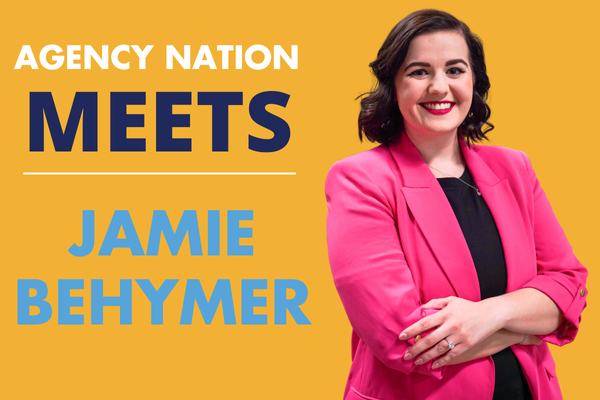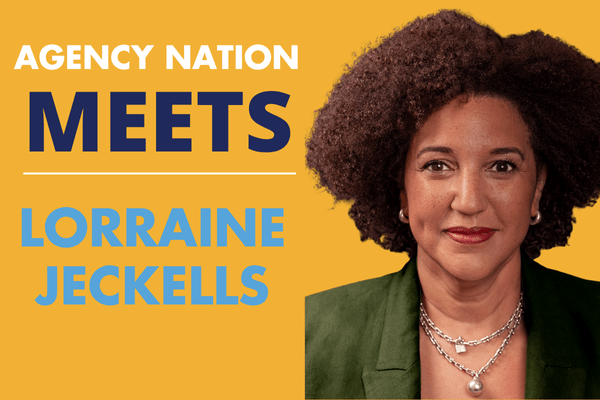What to Know if You’re a 401(k) Plan Sponsor

By: Dave Evans
Do you sponsor a 401(k) plan? If yes, get it in writing. If no, you need to understand the risk in a world of volatile stock market returns.
Sponsors of 401(k) plans are in an increasingly tenuous position when it comes to overseeing such plans, most of which offer a variety of investment options. In fact, Section 404(c) of the Employee Retirement Income Security Act of 1974 (ERISA) defines the responsibilities of plan fiduciaries. Fiduciaries who control plan investments are also subject to specific statutory standards of conduct that require them to “act in a prudent manner” and diversify investments.
Plan fiduciaries may be personally liable for plan losses resulting from a breach of these standards. The main requirement of Section 404(c) regulations is that the plan must provide participants the opportunity to exercise meaningful, independent control over the assets in their accounts.
To ensure meaningful control, the participant must have the opportunity to:
- Choose from a broad range of investment options allowing diversification within a single option, as well as among various options.
- Can make changes to investment instructions with a frequency that is appropriate in light of the market volatility of the investment option.
- Obtain sufficient information to make informed decisions.
A broad range is one that gives participants the opportunity to affect returns on the amount in their account, and to choose among at least three investment options, also known as “core alternatives.” Each core alternative option must be diversified and must have materially different risk and return characteristics.
As a result, many plan sponsors have used a “menu” list of investment options to comply with Section 404(c). The investment or insurance company furnishes these options, and plan sponsors may select these menus thinking the responsibility for oversight of the investment options rests with the investment company that furnished that menu—essentially assuming a fiduciary relationship.
However, recent court cases have clearly indicated that is not the case. This week, Judge Paul G. Gardephe of the U.S. District Court for the Southern District of New York issued his decision that Merrill Lynch & Co. was not a fiduciary—as defined by ERISA—to the 401(k) plan relative to the investment option, as portrayed in a class action claim by a former Clifford Chance U.S. LLP litigator who accused the company of mismanaging his law firm’s 401(k) plan.
On March 25, a federal judge dismissed the claims against Merrill Lynch after finding that the litigator—who represented himself without outside counsel—didn’t show that Merrill Lynch acted as a fiduciary under ERISA when it provided record-keeping, administrative and investment services to the Clifford Chance plan. His ruling states, “Although the Complaint repeatedly refers to Merrill Lynch as an investment adviser to the Plan, the only factual allegations supporting that assertion to that claim were Merrill Lynch’s submission of a roster of mutual funds to the Plan trustees. However, as a matter of law, simply offering a discrete menu of funds does not constitute investment advice.”
Essentially, this means the company sponsoring the plan is solely responsible for oversight of the investment options, which calls for actively reviewing the options relative to the Investment Policy Statement. This is exactly why the Big “I” created the member-only Big “I” 401(k) Multiple Employer Plan to provide an ERISA 3(38) investment manager to oversee the investment options, as well as “best of breed” service providers.
For more information—and for the types of questions you should ask your plan provider—contact Christine Muñoz, Big “I” director of retirement and employee benefits.
Dave Evans is a certified financial planner and an IA contributor.










